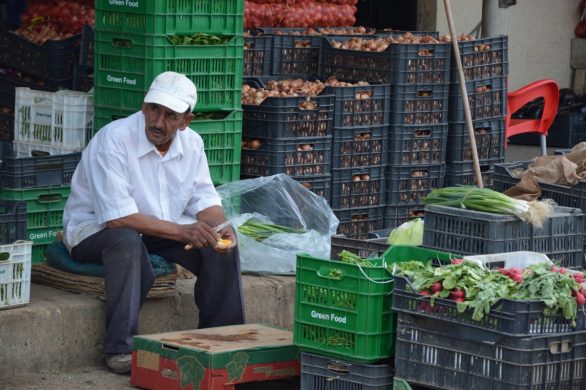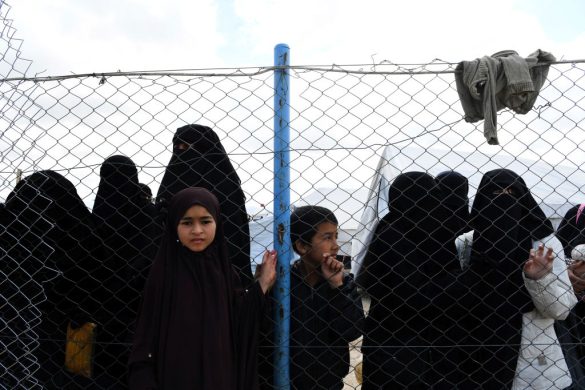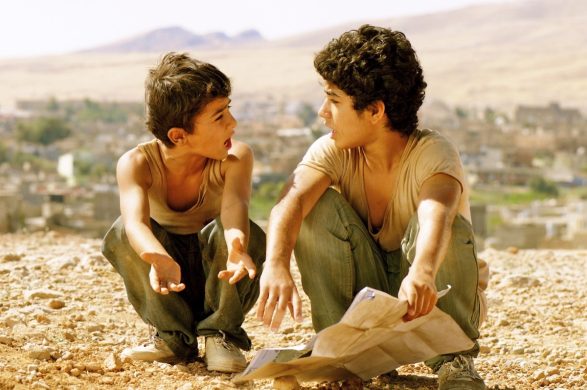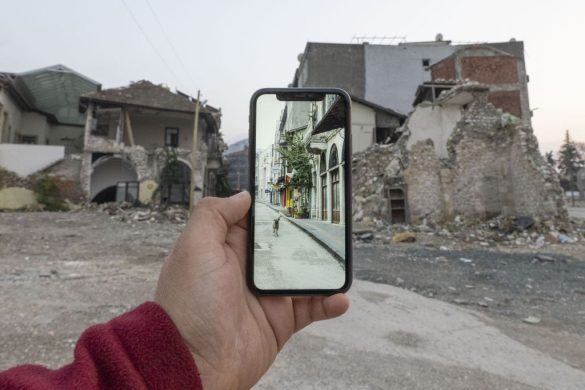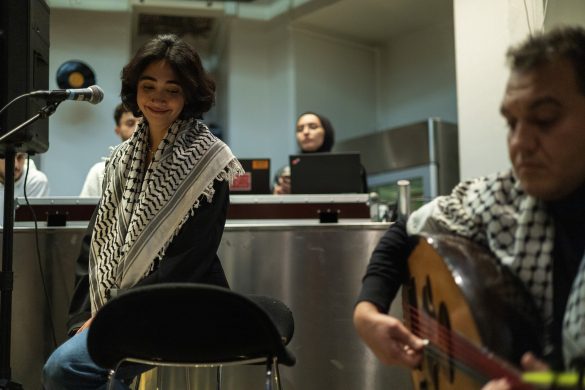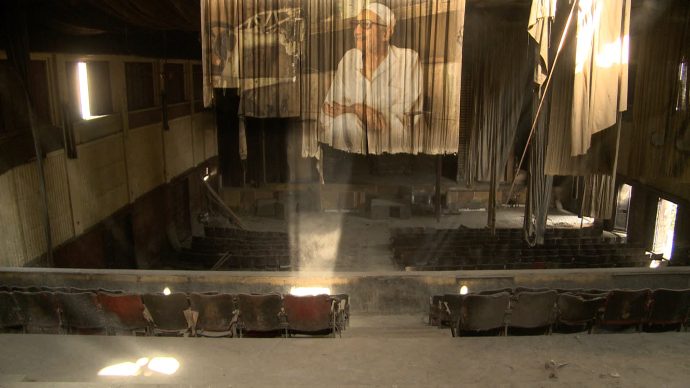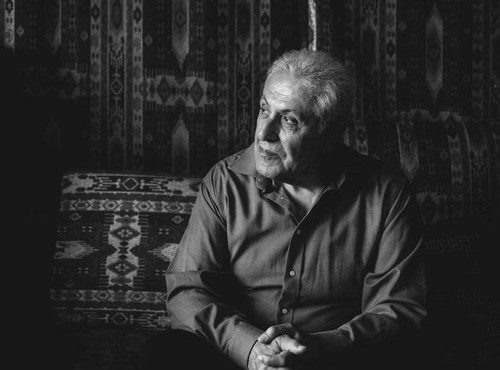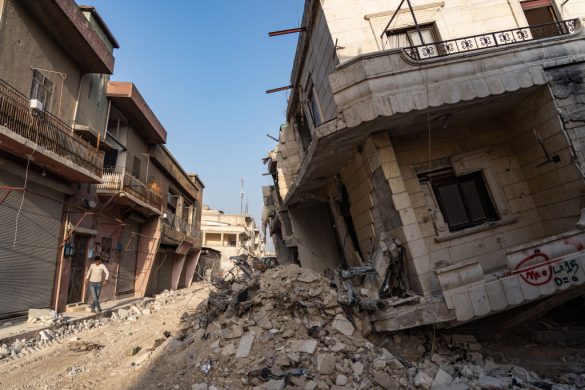18 July 2017, Rome/Damascus (FAO): Food security in parts of Syria is slightly better than the same time last year due to an improved security situation and enhanced access to humanitarian assistance, but the overall situation remains far worse than before the war, two UN agencies warned today.
Millions are food insecure
Access by humanitarian organizations to some besieged areas has improved compared to last year. Yet access continues to be heavily constrained in Deir-ez-Zor, where life-saving air-drops of food and other supplies continue, and in Ar-Raqqa where the situation has become critical due to continued fighting. In Ar-Raqqa, shops are destroyed and the cost of the standard food basket has jumped by 42 percent between May and June this year.
Rain helps crop production
Main constraints continue to be the high cost or unavailability of inputs, such as seeds and fertilizer, and the destruction of infrastructure for irrigation and storage.
Pasture conditions have improved because of the better rainfall, which will partially ease pressure from high fodder prices. Herd sizes have stabilized albeit at a very low level.
The main constraints continue to be high fodder prices, insufficient coverage of veterinary services and insecurity that limits access to grazing areas in some parts of the country.
Gradual improvements in security and the opening of some key supply routes have allowed trade to slowly recover and urban markets to function in several parts of the country.
In parts of eastern Aleppo where the entire infrastructure and markets have been heavily destroyed, recovery has started at a very slow pace. Across the country, food prices continue to be close to the record high, with the exception of the governorates of Deir-ez-Zor, Al-Hasakeh and Rural Damascus.

